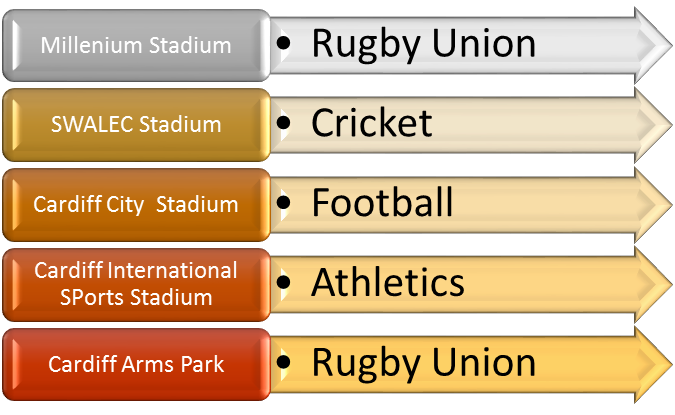Course Content
Module 1: Cloud Concepts
In this module, you will learn about cloud services, the types of cloud models, and the types of cloud services.
Lessons
- Why Cloud Services
- Types of Cloud models
- Types of Cloud services
After completing this module, students will be able to:
- Define cloud computing and its key advantages.
- Explain public, private, and hybrid cloud models.
- Explain IaaS, PaaS, and SaaS cloud services.
Module 2: Core Azure Services
In this module, you learn about Azure core cloud architectural components, Azure services and products, Azure solutions, and Azure management tools.
Lessons
- Core Azure Architectural components
- Core Azure Services and Products
- Azure Solutions
- Azure management tools
- Lab : Walkthrough: Create a virtual machine
- Lab : Walkthrough: Deploy Azure container instances
- Lab : Walkthrough: Create a virtual network
- Lab : Walkthrough: Create blob storage
- Lab : Walkthrough: Create a SQL database
- Lab : Walkthrough: Implement an Azure IoT Hub
- Lab : Walkthrough: Implement Azure Functions
- Lab : Walkthrough: Create a web app
- Lab : Walkthrough: Create a VM with a Template
- Lab : Walkthrough: Create a VM with PowerShell
- Lab : Walkthrough: Create a VM with CLI
After completing this module, students will be able to:
- Identify core Azure architectural components, such as regions, geographies, and resource groups.
- Identify usage cases for Azure core services and products, such as virtual machines and storage.
- Identify usage cases for Azure solutions, such as the Internet of Things and Machine Learning.
- Identify what Azure management tools are available such as Azure PowerShell and the CLI.
Module 3: Security, Privacy, Compliance, and Trust
In this module, you learn about Azure security, identity, governance, monitoring, reporting, and standards.
Lessons
- Secure network connectivity
- Core Azure identity services
- Security tools and features
- Azure governance methodologies
- Monitoring and reporting
- Privacy, compliance, and data protection standards
- Lab : Walkthrough: Secure network traffic
- Lab : Walkthrough: Implement Azure key vault
- Lab : Walkthrough: Create an Azure Policy
- Lab : Walkthrough: Manage access with RBAC
- Lab : Walkthrough: Manage resource locks
- Lab : Walkthrough: Implement resource tagging
- Lab : Walkthrough: Exploring the Trust Center
After completing this module, students will be able to:
- Describe virtual network security connectivity options such as Network Security Groups.
- Describe Azure identity authentication and authorization options.
- Describe usage cases for the Security Center, Key vault, threat and information protection options.
- Describe Azure policies and role-based access control.
- Describe usage cases for Azure Monitor and Azure Service Health.
- Describe privacy, compliance, and data protection standards.
Module 4: Azure Pricing and Support
In this module, you will learn about Azure subscriptions, planning and managing costs, support options, SLAs, and service lifecycles.
Lessons
- Azure subscriptions
- Planning and managing costs
- Azure support options
- Azure Service Level Agreements (SLAs)
- Service lifecycle in Azure
- Lab : Walkthrough: Use the Azure Pricing Calculator
- Lab : Walkthrough: Use the Azure TCO Calculator
- Lab : Walkthrough: Open a Support request
- Lab : Walkthrough: Calculate composite SLAs
- Lab : Walkthrough: Access Azure Preview features
After completing this module, students will be able to:
- Use an Azure subscription.
- Plan and manage costs.
- Explain Azure support options.
- Describe Azure SLAs.
- Explain Azure service lifecycles.

 ENQUIRE
ENQUIRE
 REQUEST CALLBACK
REQUEST CALLBACK
 GET A FREE QUOTE
GET A FREE QUOTE


 Introduction
Introduction Course Details
Course Details Course Content
Course Content

 London
London